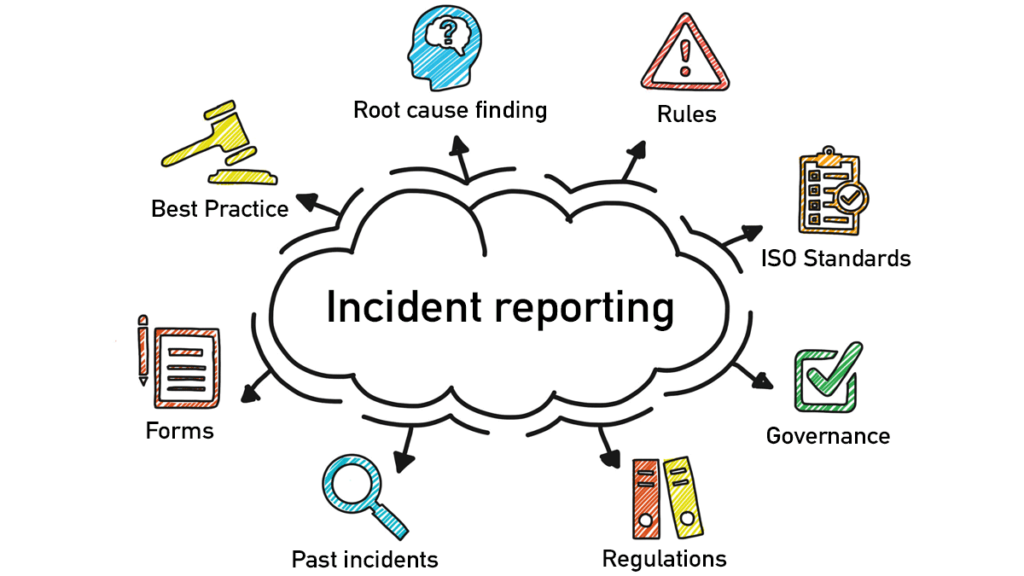The Importance of Incident Report Training: Building Skills for Effective Documentation & Communication
When it comes to documenting an incident that has occurred within your organisation, it can often be difficult to know where to start. Effective documentation is crucial, particularly when dealing with any potential legal matters that may arise. Similarly, incident report training can help develop the necessary skills to document incidents and communicate them effectively. Furthermore, this blog will discuss the importance and benefits of incident report training, and how it can help with effective documentation and communication.

1. Understanding the Importance of Documentation:
Documentation is a crucial aspect of any effective incident response plan. Similarly, it allows those involved to review what happened and how it was handled. Ineffective documentation can lead to negative consequences, including legal issues and other serious problems. Furthermore, incident report training focuses on developing effective documentation skills that can help you capture essential information that will be useful for future reference.
2. Importance of Writing Effective Incident Reports:
An incident report is a crucial document that can serve as a permanent record of an incident. Writing an effective report requires a proper understanding of the essential elements that should be included. Likewise, incident report training covers the basics of writing an effective report, including gathering relevant details, using an appropriate structure, and using accurate and objective language.
3. Understanding the Importance of Communication:
Effective communication is key in any organization’s incident response plan. When an incident occurs, clear and concise communication between parties involved is crucial. Similarly, not knowing how to communicate effectively can hinder an incident response plan. Incident report training can help develop communication skills that will improve your ability to convey information clearly, concisely and effectively.
4. Developing skills to handle incident better:
Incident report training can improve employee’s skill to handle the incidents in a better way. Likewise, it includes training on how to react to incidents, providing quick and efficient service. Employees can learn to manage incidents confidently with the necessary skills to analyse facts and make decisions quickly. Similarly, training will provide the necessary knowledge to provide urgent care to people who have suffered injuries or illnesses.
5. Reduced Risk:
An effective incident reporting process is crucial to help reduce risk within any organization. Regular training of employees can build their skills. Furthermore, they can be better equipped to handle any situation, and provide accurate and objective documentation. This reduces risk in many ways, including reducing the chance of lawsuits from both internal and external stakeholders.
Conclusion:
In conclusion, incident report training is essential for any organisation and can make a significant difference in terms of reducing risk, improving documentation skills, and promoting effective communication. Similarly, it is an investment in your organisation’s future and will help to cultivate a workplace culture that is responsible and well-prepared to handle any incident that may arise. Lastly, with regular training, employees can become better equipped to deal with challenges effectively, and your organisation will be better prepared to handle any future incidents that may arise.



